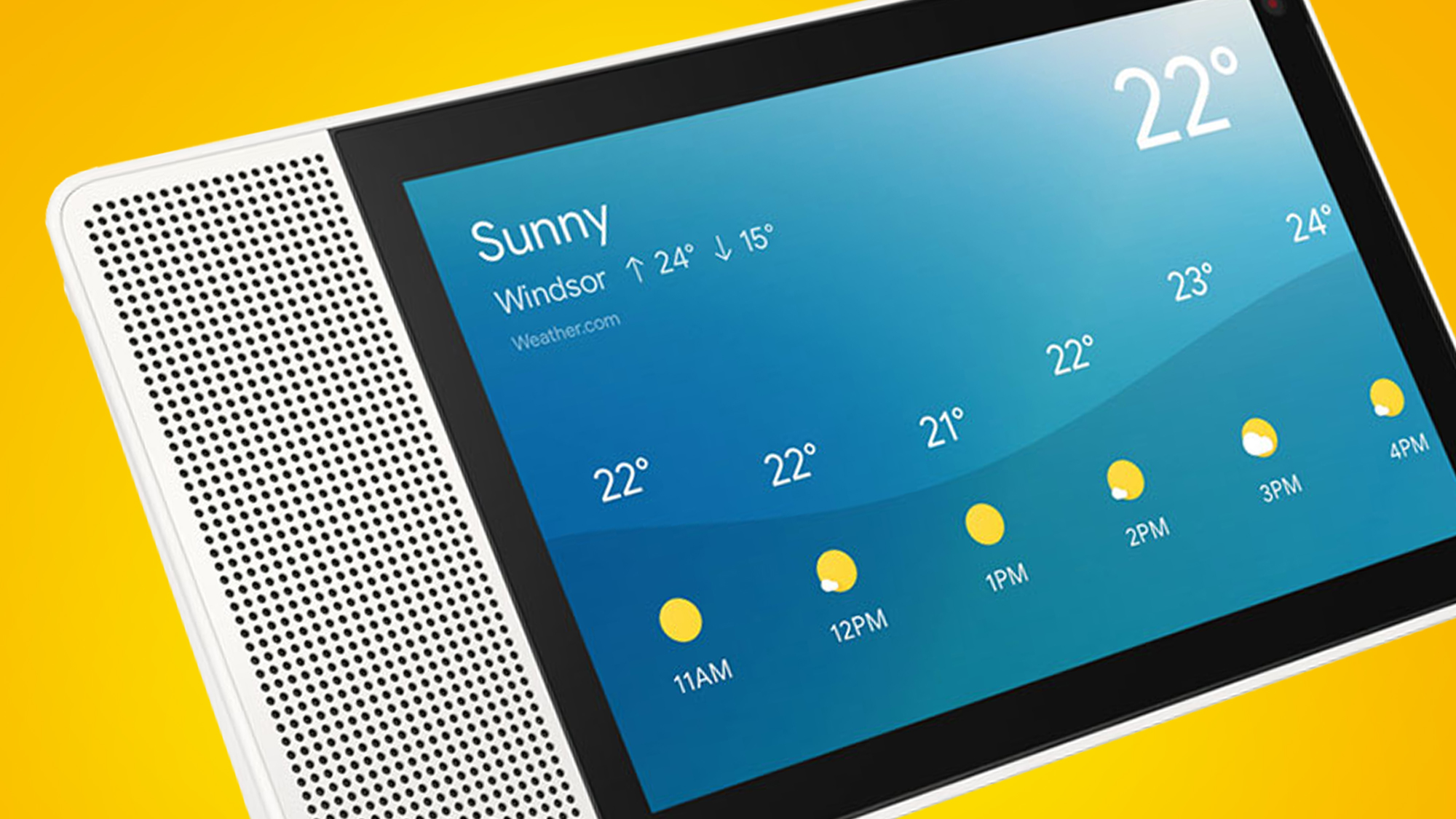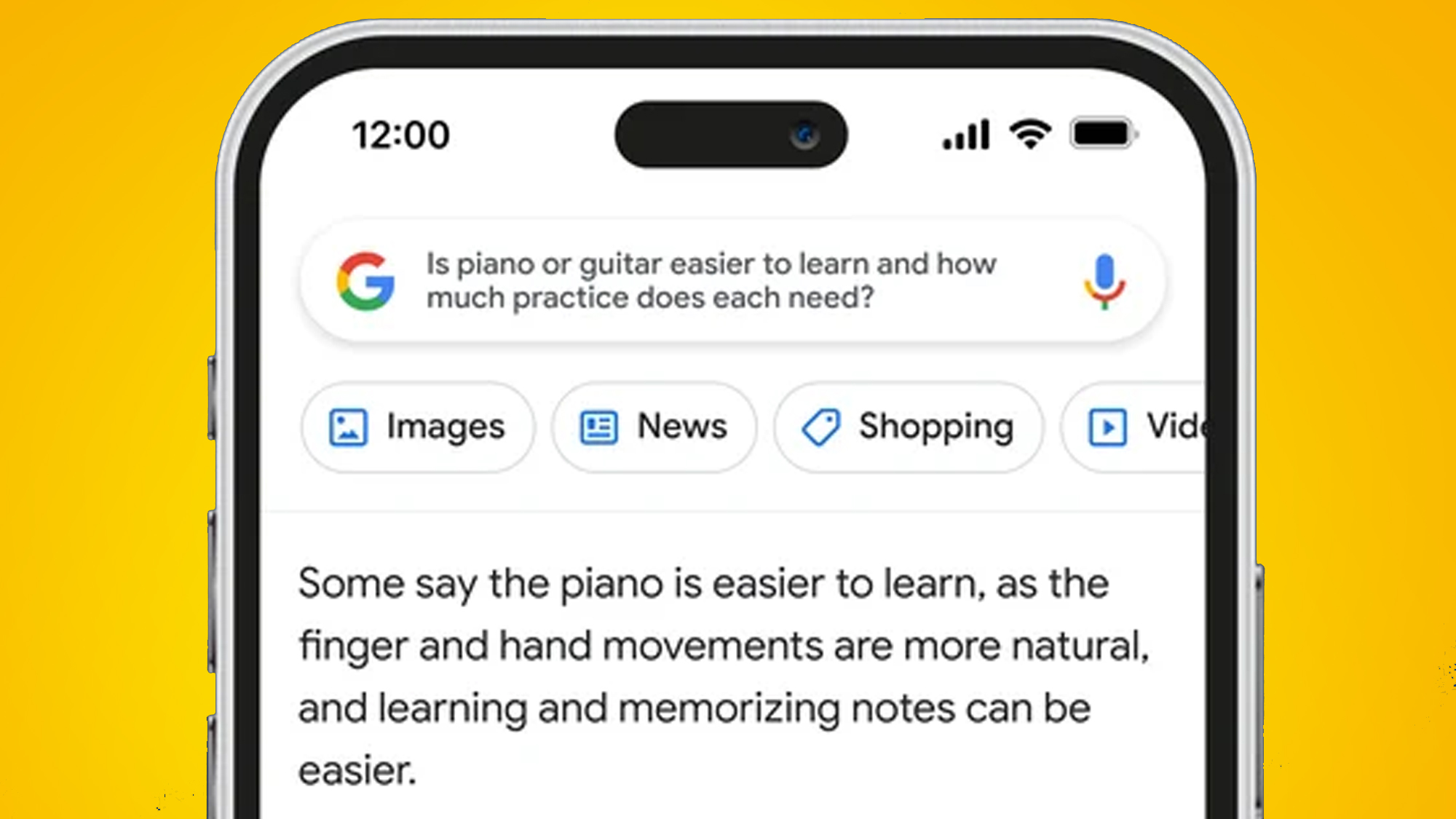Google kills third-party smart displays – and its voice Assistant could be next
'Hey Google, how long does your Assistant have left?'

Sign up for breaking news, reviews, opinion, top tech deals, and more.
You are now subscribed
Your newsletter sign-up was successful
Google has quietly announced that it's ended software support for third-party smart displays from Lenovo, JBL and LG – and the move is another nail in the coffin of its current voice Assistant.
As spotted by 9to5Google, Google states on a support page for its Duo video-calling service (now Google Meet) that it "no longer provides software updates" for five third-party smart displays.
These displays are the Lenovo Smart Display (7in, 8in and 10in versions), the JBL Link View, and the ridiculously-named LG Xboom AI ThinQ WK9 Smart Display. If you own any of those devices, which offer voice control from Google Assistant, then the lack of software support "could impact the quality of video calls and meetings", Google says.
More broadly, this decision effectively kills the concept of Assistant-powered smart displays, which are effectively smart speakers with touchscreens. Only the Google Next Hub and Nest Hub Max remain as fully-supported Google smart displays – and recent events suggest the writing is on the wall for those.
Google's first Assistant-powered smart displays arrived back in 2018, but we haven't seen any new ones for over two years. This news also follows other related cuts, like Google ending support for the Nest Dropcam, or the search giant's slow destruction of Fitbit.
Those five smart displays will continue to work for the time being, and we've asked Google to confirm exactly how the lack of ongoing software support will affect them. But the news appears to be another nail in the coffin of the current incarnation of the Google Assistant, given that CNBC has separately reported that the search giant is "reorganizing its Assistant team to focus more on Bard".
Google Bard is an AI-powered assistant that works in much the same way as ChatGPT – and while it doesn't natively support voice control, it appears to be a better future bet than anything powered by the increasingly neglected Google Assistant.
Sign up for breaking news, reviews, opinion, top tech deals, and more.
Analysis: AI chatbots are the new voice assistants

The demise of third-party Google smart displays is just another piece of evidence that voice assistants as we know them are over – and not just the Google Assistant.
Last year, Business Insider reported that Amazon was "gutting its voice assistant", Alexa, because it was on track to lose the company $10 billion. Google has similarly failed to find ways make money from its Assistant, and processing all of our voice commands also comes at a hefty cost.
While it's a little too early for the Assistant to take its spot in the increasingly-crowded Google Graveyard, the voice-powered sidekick is very much in a state of abeyance. And it's clear that Google Bard is now the company's darling, which is understandable given the rapid advances made by ChatGPT.
Perhaps even more damaging for Google is the impact this has on its reputation as a reliable hardware brand. Beyond its Pixel series, Google's products seemingly only having a shelf-life of a few years before dwindling software support leaves them abandoned and headed towards a similar fate as Fitbit.
So while the Google Assistant will continue to live on within devices like the best Android phones, it's clear we're entering a transition period between current-gen voice assistants (including Alexa and Siri) and AI chatbots. And while that plays out, it's going to be hard to recommend buying any product primarily for its Google Assistant powers.

Mark is TechRadar's Senior news editor. Having worked in tech journalism for a ludicrous 17 years, Mark is now attempting to break the world record for the number of camera bags hoarded by one person. He was previously Cameras Editor at both TechRadar and Trusted Reviews, Acting editor on Stuff.tv, as well as Features editor and Reviews editor on Stuff magazine. As a freelancer, he's contributed to titles including The Sunday Times, FourFourTwo and Arena. And in a former life, he also won The Daily Telegraph's Young Sportswriter of the Year. But that was before he discovered the strange joys of getting up at 4am for a photo shoot in London's Square Mile.